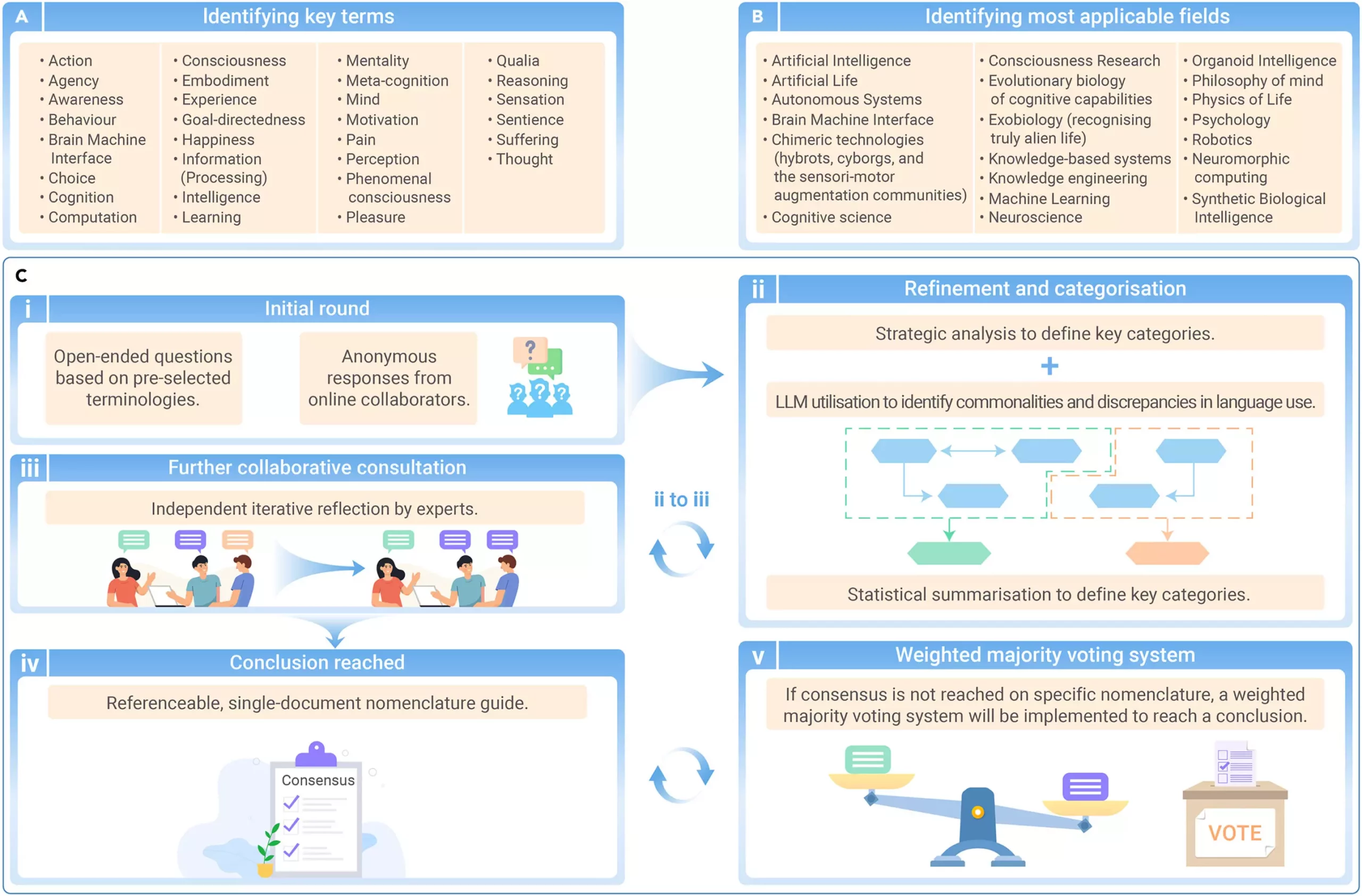In the vast and ever-evolving landscape of Artificial Intelligence (AI) and diverse intelligent systems, there is a pressing need for a unified language that can effectively bridge the gap between various technologies and disciplines. A recent study led by Cortical Labs has ignited a call for collaboration among scientists, ethicists, and researchers from around the globe to establish a common ground for nomenclature in this rapidly growing and controversial domain.
The initiative spearheaded by Cortical Labs aims to create a comprehensive field guide that will serve as a roadmap for researchers working on diverse generally intelligent systems. This collaborative effort seeks to address the complexities and ambiguities that surround the language used to describe emerging technologies, such as Large Language Models (LLMs) and biological intelligences. By fostering community-based consensus on nomenclature, the study endeavors to streamline communication and enhance understanding across different fields.
One of the primary challenges faced by researchers in the realm of generally intelligent systems is the lack of standardized terminology. With multiple disciplines converging to achieve a shared goal, the proliferation of disparate definitions and interpretations can lead to confusion and hindrance in scientific and public discourse. The need for a common language to delineate key concepts and phenomena has never been more imperative as the field continues to advance at a rapid pace.
In an effort to address these challenges, the collaboration led by Cortical Labs is adopting a theory-agnostic standard for defining key terms in the domain of diverse intelligent systems. By encouraging researchers from diverse backgrounds to come together and contribute to the development of nomenclature guidelines, the study aims to provide a framework that is explicitly, unambiguously, and consistently used across various research endeavors. This approach seeks to promote inclusivity and foster broader community engagement in shaping the language that underpins the field.
The methodology employed in the study involves a mixed method approach, utilizing a modified Delphi method to establish consensus on key terms within the field of diverse intelligent systems. Through iterative rounds of consultation and refinement, researchers will work towards a shared understanding of terminology that transcends disciplinary boundaries. In cases where consensus cannot be readily achieved, a weighted majority voting system will be employed to arrive at a resolution, ensuring that diverse perspectives are taken into account.
As the field of AI continues to expand and diversify, the establishment of a common language for describing generally intelligent systems is essential for driving innovation and collaboration. By fostering a culture of inclusivity and consensus-building, researchers can lay the groundwork for a more cohesive and accessible landscape that transcends traditional disciplinary silos. The collaborative effort led by Cortical Labs represents a significant step towards creating a shared vocabulary that will shape the future of intelligent systems research and development.


Leave a Reply